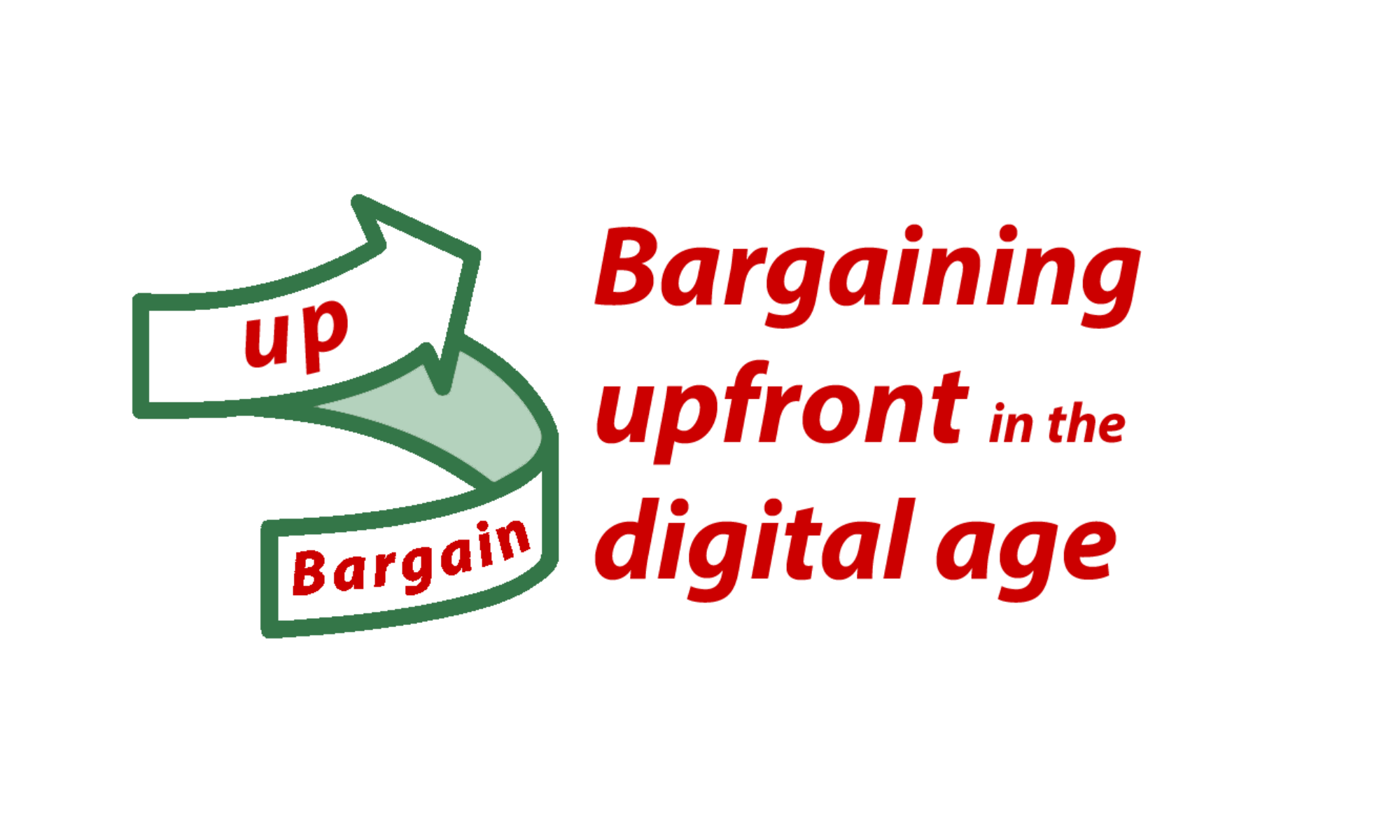Digital technologies have the potential to support the actions of trade union organisations and workers’ representatives. Digital applications and social networks can allow for a better organisation of protests and demonstrations, more efficient and inclusive decision-making processes and additional ways of keeping in touch and communicating with a number of workers. However, algorithms are blamed for fissuring the relationship between workers and an organisation, by both taking over human resources’ functions, traditionally performed by managers in the flesh, and enabling firms to source labour from all over the world. Therefore, digitalisation is deemed to create an increasingly organisationally and geographically disperse workforce, which is rather difficult to gather, organise and represent by traditional trade unions. The latter can also be seriously undermined in their bargaining role by technological tools fragmenting production processes and dispersing power centres.
To deal with this challenge, workers’ representatives should make use of advances in digital technologies to support their actions as regards recruiting and organising labour as well as bargaining and engaging with employers and other social and political players. They should consider digital devices as facilitators of

their role, in combination with more traditional and offline instruments and practices. The digital connection should be particularly enhanced to build and develop networks of workers on national and international scales.
The ‘Certified Digital Subscription’ for Trade Union Members in Italy
Organising Digital Workers: the Experience of IG Metall
Further information at http://faircrowd.work.

